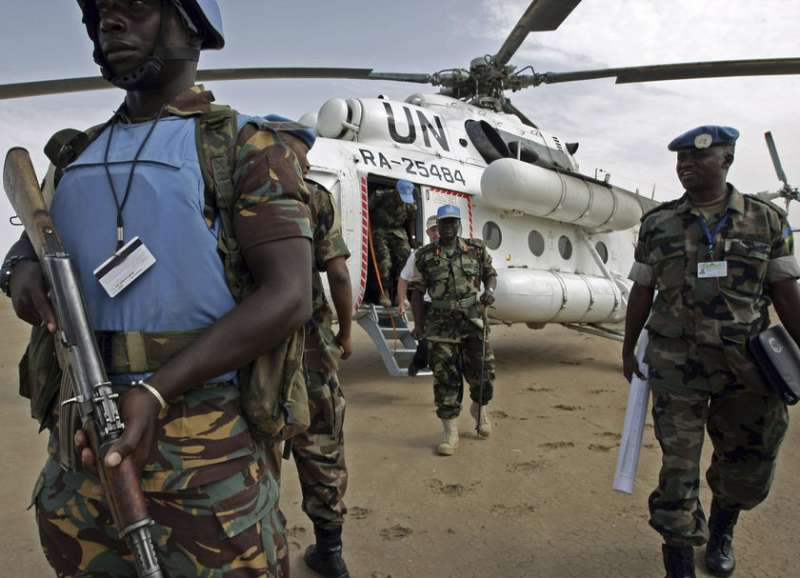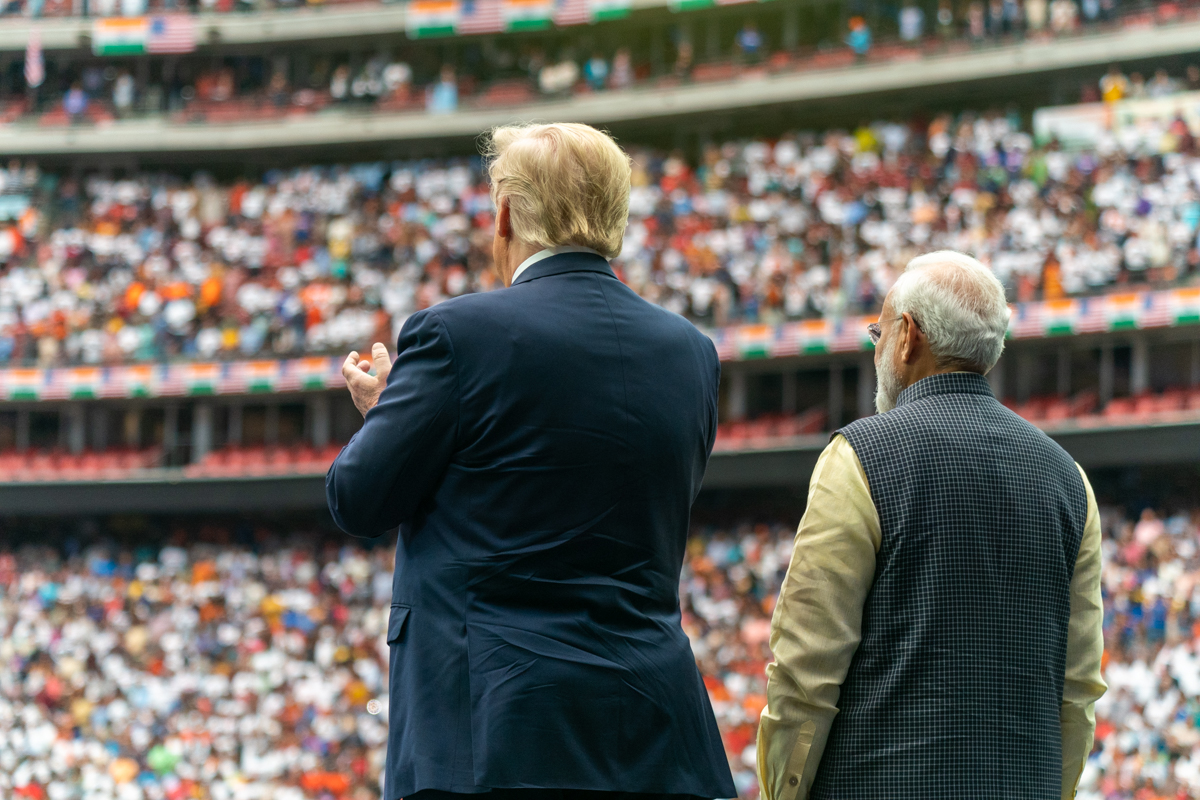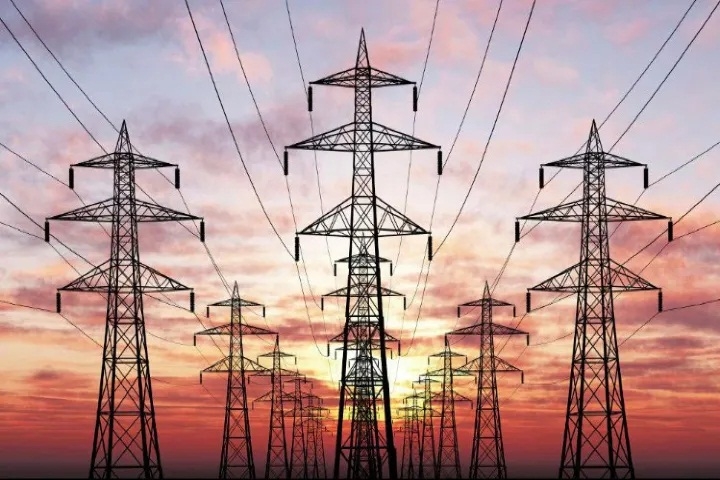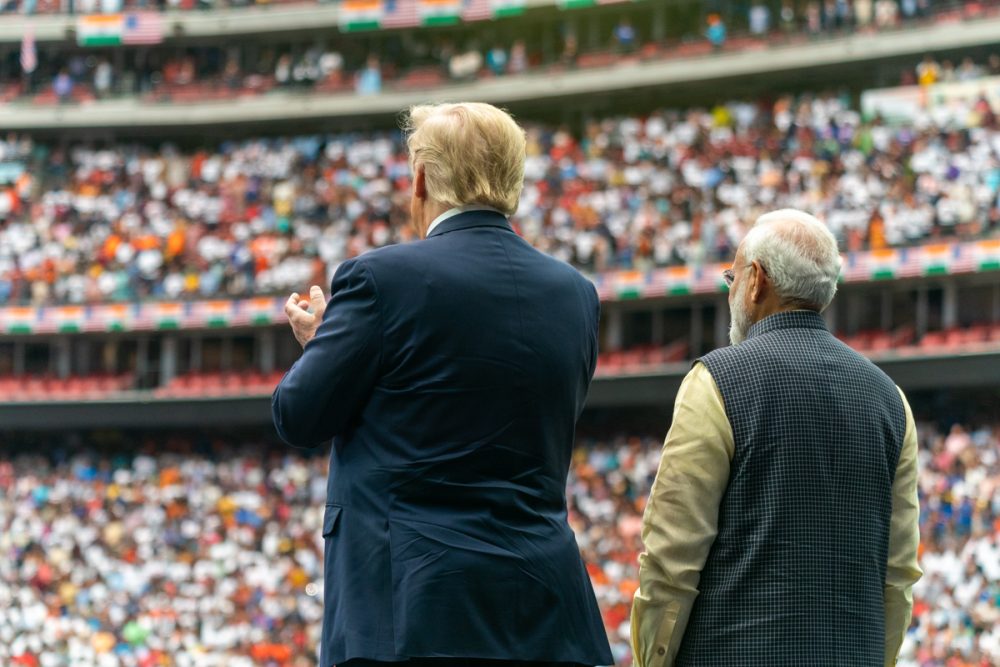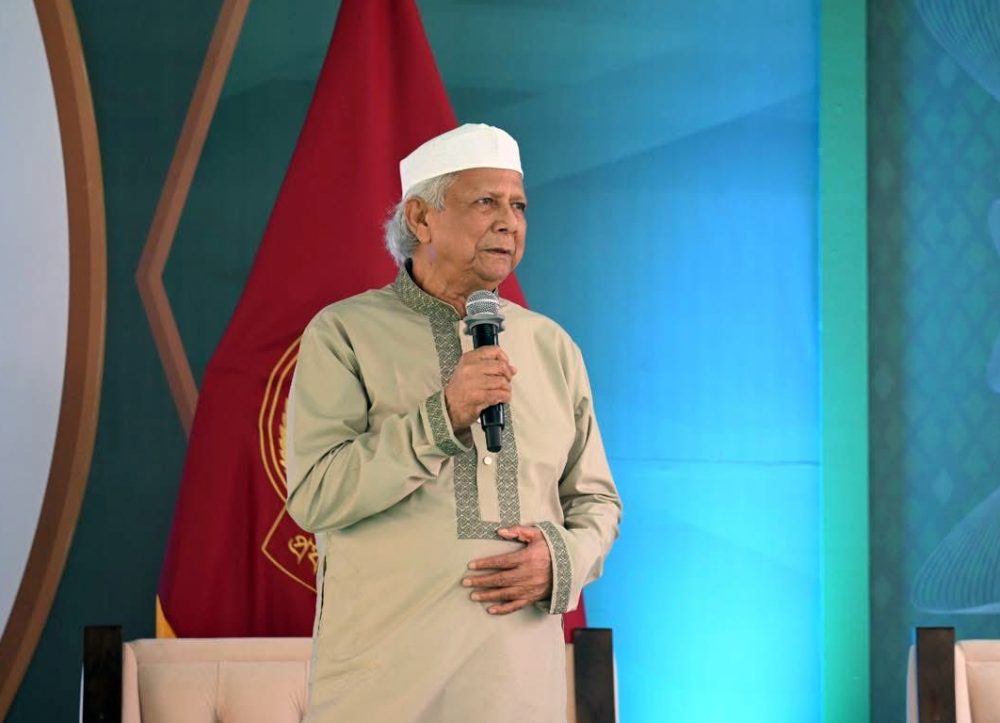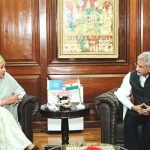The Bangladeshi peacekeepers in the CAR were killed when their vehicle hit an explosive ordnance device on Monday evening…reports Arul Louis
In the latest attacks on UN peacekeepers, three Bangladeshis have died from a bomb attack in the Central African Republic (CAR), barely a week after a Pakistani was killed in Congo, according to a UN spokesperson.
The Bangladeshi peacekeepers in the CAR were killed when their vehicle hit an explosive ordnance device on Monday evening, Stephane Dujarric, the spokesperson for UN Secretary-General Antonio Guterres said on Tuesday.
Another Bangladeshi peacekeeper was injured and is in hospital, he added.
On Friday, a Pakistani peacekeeper was killed in Congo when a base in Minembwe, South Kivu, was attacked “by suspected Twirwaneho combatants,” he said.
Dujarric added that attacks on peacekeepers are “war crimes”.
The Bangladeshis were killed when they were on patrol, nearly five kilometre from the CAR peacekeeping mission’s temporary base in the Ouham-Pende Prefecture, he said.

According to the peacekeeping mission, the Bangladeshi battalion patrol was to protect civilians.
The CAR peacekeeping operation known as MINUSCA, from the French initials for Mulitdimensional Integrated Mission in CAR, was created in 2014, taking over an earlier operation set up in 2009.
It has 14,400 personnel with 1,333 Bangladeshi troops.
The operation has claimed the lives of 169 peacekeepers, 10 of them Bangladeshis.
In January three Bangladeshi peacekeepers were killed in the CAR when their vehicle hit a landmine.
The Congo peacekeeping operation known as MONUSCO, an acronym derived from French for Organisation Stabilisation Mission in Congo, was created in 2010 to succeed an earlier mission set up in 1999.
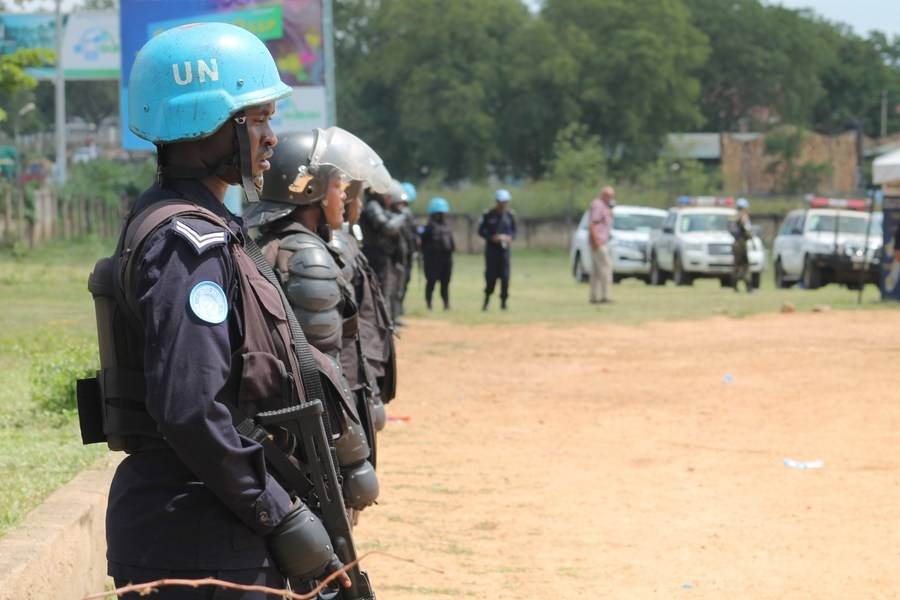
It is the second largest peacekeeping operation with 14,671 personnel, which include 1,929 troops from Pakistan.
More than 431 peacekeepers have died in the operations in Congo, of them, 31 were Pakistanis.
In March, six Pakistani peacekeepers were killed when their helicopter was brought down in Congo.
A MONUSCO statement said that the Twirwaneho fighters had come to the UN base, saying they wanted to surrender but instead attacked it.
According to AfricaNews media, The Twirwaneho militia claims to defend the interests of the Banymulenge community, a Congolese Tutsi minority.


